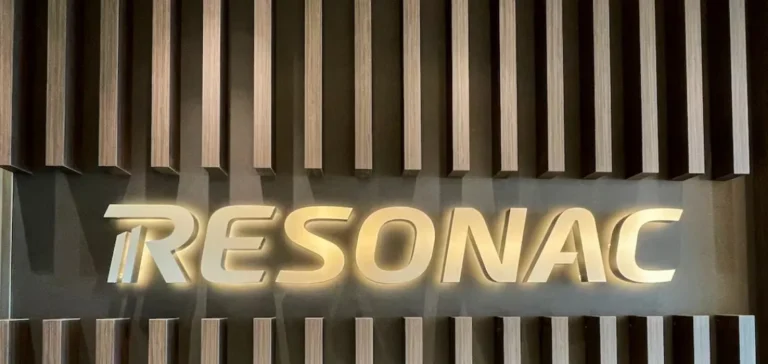Japanese industrial materials manufacturer Resonac Corporation plans to replace a 73.5 megawatt (MW) petroleum coke- and city gas-fired turbine at its Kawasaki site in Kanagawa Prefecture with a next-generation unit powered by gas and partially by hydrogen. The project was selected under the Ministry of Economy, Trade and Industry’s (METI) programme supporting energy transitions in hard-to-abate industrial sectors.
According to the company, the new installation, with a planned capacity of between 30 MW and 40 MW, is scheduled to be commissioned in the first quarter of 2030. Total investment is estimated at ¥21.7bn ($144mn), with up to ¥7.1bn ($47mn) financed by METI.
Partial electricity supply to semiconductor operations
The new turbine is expected to generate approximately 210 gigawatt-hours (GWh) annually, covering nearly 40% of the Kawasaki chemical plant’s power demand. Part of the electricity will also be supplied to other Resonac facilities, particularly those related to semiconductor materials in the Kanto region.
Resonac initiated the environmental impact assessment process for the project in July 2024 as part of a broader repowering of the plant. A document submitted to local authorities and METI outlines plans to replace the 73.5 MW unit with three 31.8 MW gas turbines and a 44.2 MW steam turbine. The status of these additional units has not been disclosed.
Potential expansion to 257 MW capacity
The Kawasaki plant currently operates with a total capacity of 159 MW, comprising two 73.5 MW units and smaller turbines of 7.6 MW and 4.4 MW. If all proposed units in the official submission are completed, total capacity would reach 257 MW.
Construction of the first unit is expected to begin in 2027. Initially, the turbine will operate with 30% hydrogen content, with the goal of reaching 100% hydrogen use by 2035.






















